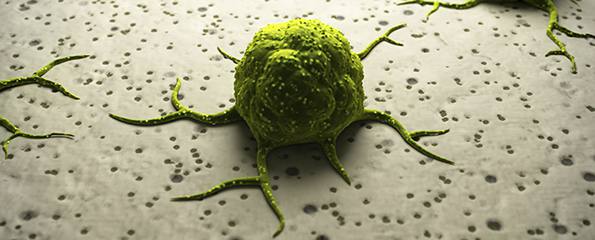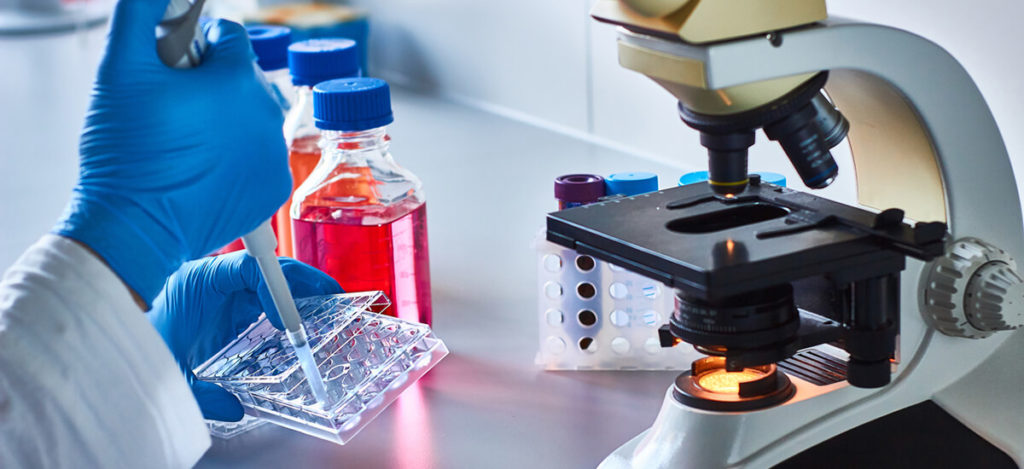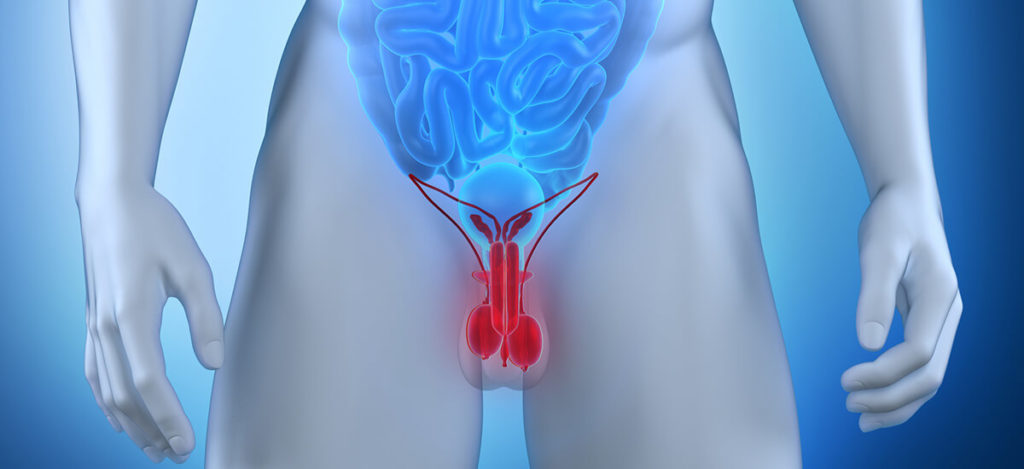RATIONALE: Soy isoflavones may reduce the risk of some types of cancer. It is not yet known if isoflavones are effective in preventing the development of prostate cancer.
RATIONALE: Soy isoflavones may reduce the risk of some types of cancer. It is not yet known if isoflavones are effective in preventing the development of prostate cancer. PURPOSE: Randomized clinical trial to study the effectiveness of isoflavones in preventing further development of cancer in patients who have stage I or stage II prostate cancer. Condition: – stage I prostate cancer- stage II prostate cancer Study Type: InterventionalStudy Design: Prevention Official Title: Randomized Study of Isoflavones in Reducing Risk Factors in Patients With Stage I or II Prostate CancerFurther Study Details: OBJECTIVES:Determine the effectiveness of isoflavones in producing a change in risk parameters, such as decrease in free testosterone, increase in sex-hormone-binding globulin and estradiol, and decrease in tumor progression and volume, as measured by decreasing prostate-specific antigen in patients with stage I or II prostate cancer. OUTLINE: This is a randomized, double-blind study. Patients are stratified according to Gleason score (2-4 vs 5-6). Patients are randomized to 1 of 2 treatment arms. Arm I: Patients receive oral isoflavones twice daily and an oral multivitamin once daily for 12 weeks. Arm II: Patients receive oral placebo twice daily and an oral multivitamin once daily for 12 weeks. PROJECTED ACCRUAL: A total of 148 patients will be accrued for this study within 3 years. Eligibility Ages Eligible for Study: 50 Years – 80 Years, Genders Eligible for Study: Both Criteria DISEASE CHARACTERISTICS:Diagnosis of stage I or II prostate cancer Gleason score 2-6* NOTE: *Patients with a Gleason primary pattern 4 (4 + 1 or 4 + 2) are ineligible PATIENT CHARACTERISTICS: Age:50 to 80 Performance status:Not specified Life expectancy:Not specified Hematopoietic:Not specified Hepatic:No known history of hepatic disease Renal:No known history of renal disease Other:Close to ideal body weight (body mass index no greater than 32 kg/m^2) No known history of thyroid disease No allergy to study agent No other prior malignancy except nonmelanoma skin cancer No evidence of prostatitis or urinary tract infection Fertile patients must use effective contraception Omnivorous diet (no vegan or vegetarian diets) PRIOR CONCURRENT THERAPY: Biologic therapy:No prior or concurrent biologic therapy for prostate cancer Chemotherapy:No prior or concurrent chemotherapy for prostate cancer Endocrine therapy:No prior or concurrent endocrine therapy for prostate cancer No concurrent thyroid hormone replacement medications Radiotherapy:No prior or concurrent radiotherapy for prostate cancer Surgery:No concurrent surgery Other:At least 30 days since prior antibiotics At least 30 days since prior ingestion of a diet high in soy products No other prior or concurrent therapy for prostate cancer No concurrent diet high in soy products No concurrent nutritional supplements (e.g., retinoids, beta-carotene, and isoflavones)[1] N.B. Kumar, PhD, RD, FADA, Study Chair, H. Lee Moffitt Cancer Center and Research Institute
All content and media on the HealthEngine Blog is created and published online for informational purposes only. It is not intended to be a substitute for professional medical advice and should not be relied on as health or personal advice. Always seek the guidance of your doctor or other qualified health professional with any questions you may have regarding your health or a medical condition. Never disregard the advice of a medical professional, or delay in seeking it because of something you have read on this Website. If you think you may have a medical emergency, call your doctor, go to the nearest hospital emergency department, or call the emergency services immediately.







